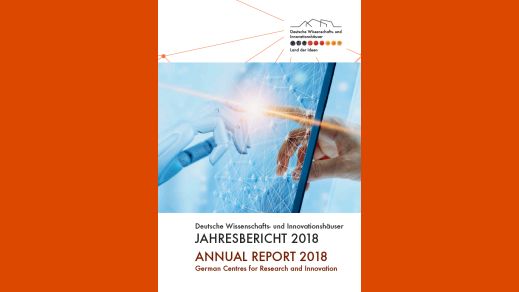Why frugal innovations are also changing the world of work
 © Weekend Images Inc. / Getty Images
© Weekend Images Inc. / Getty Images
An interview with Dr Rajnish Tiwari, head of the “Global Innovation” research programme at the Institute for Technology and Innovation Management at Hamburg University of Technology (TUHH)
Dr Tiwari, it is somewhat surprising to hear the word “frugal” used in the context of technological advances. What are “frugal innovations”?
When scientists are asked to explain the term briefly and concisely, they like to talk about “affordable excellence”. It is a question of creating innovative solutions that are affordable while at the same time offering outstanding technological quality.
To whom are frugal innovations of interest?
It goes without saying that they are of interest to emerging economies with high levels of poverty, though such innovations are also becoming increasingly important in industrialised countries. Not only are many people in these countries already unable to afford overpriced products, for example due to growing old-age poverty; it is also the case that a trend towards frugal products and services is evident, particularly among younger and more affluent sections of the population.
How is this trend changing the requirements for
producers?
Overdeveloped products are becoming unattractive – like a washing machine that boasts connectivity with all kinds of other appliances and features 30 different functions despite the fact that only two or three of them will ever be used. Surveys have shown that people feel unable to cope with hyper-complex products. Even if such hyper-complexity is avoided, a washing machine can nonetheless be state of the art. What is more, growing environmental awareness is playing a role. People no longer want to consume all the wasted resources that go into making highly complex products if they are not even going to be used. A qualitative survey of students at Hamburg University of Technology showed that 64 percent would opt for a frugal car even if they were able to afford a premium segment vehicle with 350 brake horsepower and every conceivable functionality. Thanks to the technological competence that is available in Germany, it is possible to be successful on a global market with frugal solutions. This does require a change in mindset, however.
In what sense?
It is traditional in Germany for a company to want to keep research and development as a core competence in-house. However, when firms attempt nowadays to develop an internationally successful product on their own, they will frequently require huge financial investment and will be taking on a certain degree of risk. A frugal solution can also be the answer here, if companies are willing to collaborate and tap into expertise from all over the world. Germany needs global cooperation, especially with partners in emerging economies. The “Frugal Innovations” series of events staged by the DWIH New Delhi in 2018, in which I participated as a speaker, contributed to this valuable dialogue about international solutions.
Does this mean that innovative frugal solutions are also in demand in today’s work world?
Absolutely. Frugal solutions can also be used to improve workplace design and working methods.

"Digital technologies and the digital transformation make it much easier and more affordable to get people working productively. Product development no longer has to be tied to a single place. Thanks to the digital world, it is extremely easy for the best experts worldwide to collaborate."Dr Rajnish Tiwari, head of the "Global Innovation" research programme at the Institute for Technology and Innovation Management at Hamburg University of Technology
And what needs to change in terms of working methods?
Frugal solutions are a question of mindset. There is a nice joke about a worker in the automotive industry who goes to his boss to tell him that the company’s rival has now installed a washing machine in its cars. And rather than asking why, his boss replies by saying “Okay, then we will install two washing machines”. That is the sort of attitude that quickly becomes entrenched when working in saturated markets, and is an approach that will not work for much longer. What is needed is greater diversity among product developers, and additional expertise from fields such as sociology, psychology and many others. Developers must have a clear picture of the circumstances under which a product will be used. A sophisticated product that cannot cope with power outages will be of no use to the Indian or African markets. I believe that frugal innovations have two key advantages: they make established industries more competitive in the long term and improve standards of living worldwide.

